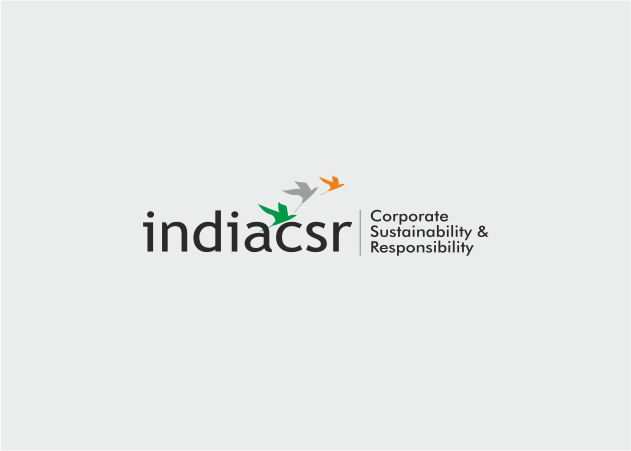MUMBAI: Drive India Enterprise Solutions (DIESL), a Tata enterprise (a joint venture between Tata Industries and Tata International) has adopted a village in Thane district to provide holistic support aimed at uplift and general welfare.
DIESL has roped in KARM (a Mumbai-based NGO) to endorse agro- and livestock-based activities for the uplift of socioeconomically backward communities in the village of Jarandi, located near Khardi on the Mumbai-Nasik highway. The plan focuses mainly on sustainable development in the village. This initiative is part of the Prakruti programme at DIESL focused on environment-friendly initiatives. In January 2010, DIESL implemented a nationwide tree plantation drive under this programme.
DIESL and KARM have chalked out a plan to deal with problems like health and hygiene, water scarcity, low productivity, obsolete farming methods, lack of awareness, unemployment, malnutrition, etc. due to the absence of sustainable livelihoods, basic amenities and infrastructure. The purpose of the project is to enrich small-holder farmers through a more holistic and self-reliant method not only in terms of improvement of income, employment and nutritional status but also in terms of fostering community development, gender empowerment, protection of environment and health awareness.
Says Ajay Chopra, CEO, DIESL, “Being a logistics player with an extensive distribution network stretching across the length and breadth of the country, we are pleased to partner with villages like Jarandi to play a small but significant role in the inclusive growth story of an emerging India. We extend a warm welcome to the people of Jarandi into the DIESL family.”
A medium-sized village, Jarandi, has a population of 500 people mainly employed with livestock- and agro-based activities. There is a significant population (37 per cent) of landless labourers, with over 73 per cent below the poverty line. The health and hygiene awareness is extremely low among the village population. The water resources are limited and are unhealthy for consumption. The drainage system is improper, with a limited number of toilets.
The programme will cover aspects such as community building activities, sustainable agro-based and livestock development activities, water resource improvement initiatives and health improvement activities.
Under the community building initiative, DIESL will organise PRA, study visits and micro-planning activities, a self-help group for women, formation of a village development committee, a farmers group, youth forums and other community based organisations. They have also planned to organise awareness campaigns and other initiatives such as development of a primary school and a knowledge centre.
Under the sustainable agro-based and livestock development initiative, activities such as setting up a non-conventional energy source (biogas), crossbreeding, kitchen garden development, cow dung-and-urine collection system, compost pit development, development of bio-pesticides, fungicides, fertilisers and growth promoters and horticulture development. In addition to this, new methods of farming and backyard poultry will be endorsed.
Under water resource improvement initiative, activities like construction of new bunds, repairs of the bore-well and rainwater harvesting by developing recharge pit close to the bore-well will be undertaken.
Under health improvement initiative, activities like organising health camps, training on preparation of nutritious food via indigenous methods, training on the use of first aid, creating awareness of waterborne diseases and wrong habits affecting health, and construction of low-cost toilets. In addition to this, deworming of the population and all livestock will be done twice in a year.
DIESL will be closely monitoring this extensive and comprehensive three-year plan with an internal audit team with a view to duplicating the model in other villages in the country.







